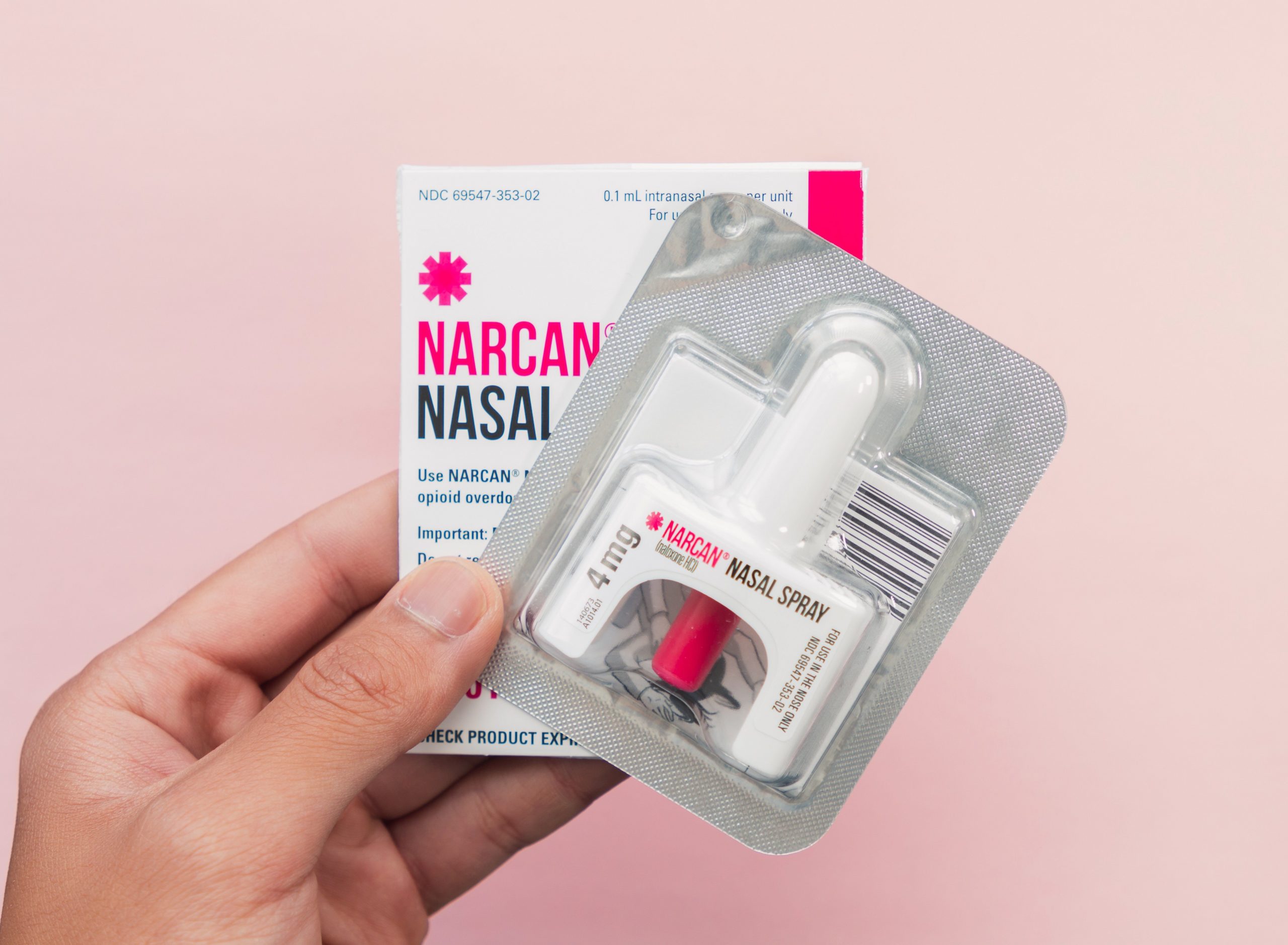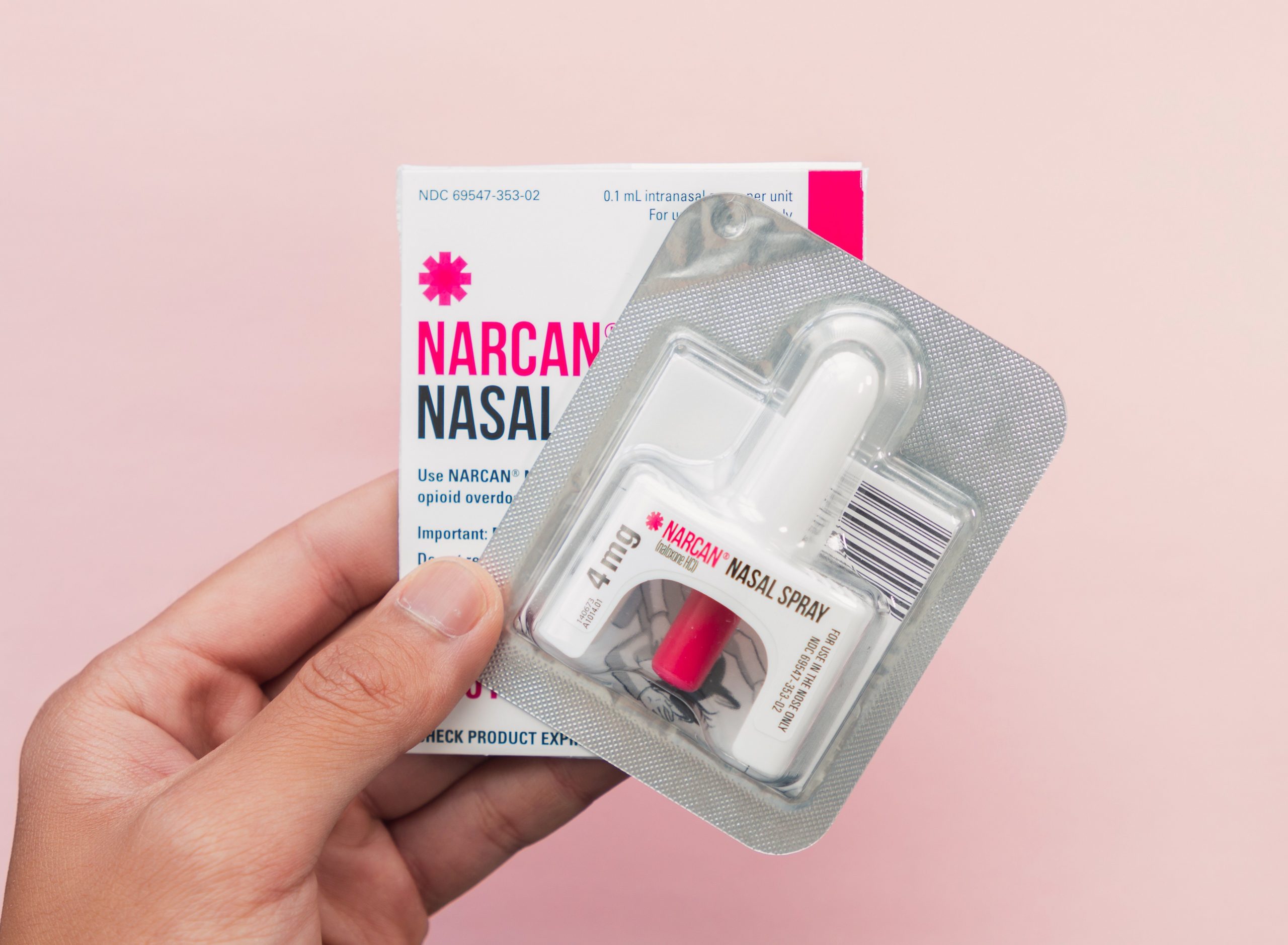
A new study finds brain changes in F16 fighter pilots, which could shed light on what happens to astronauts during space travel. The hope is that the study, published Feb. 15 in Frontiers in Physiology, will help scientists understand the effects of space flight on the brain, possibly helping improve training programs for pilots and… read on > read on >


















